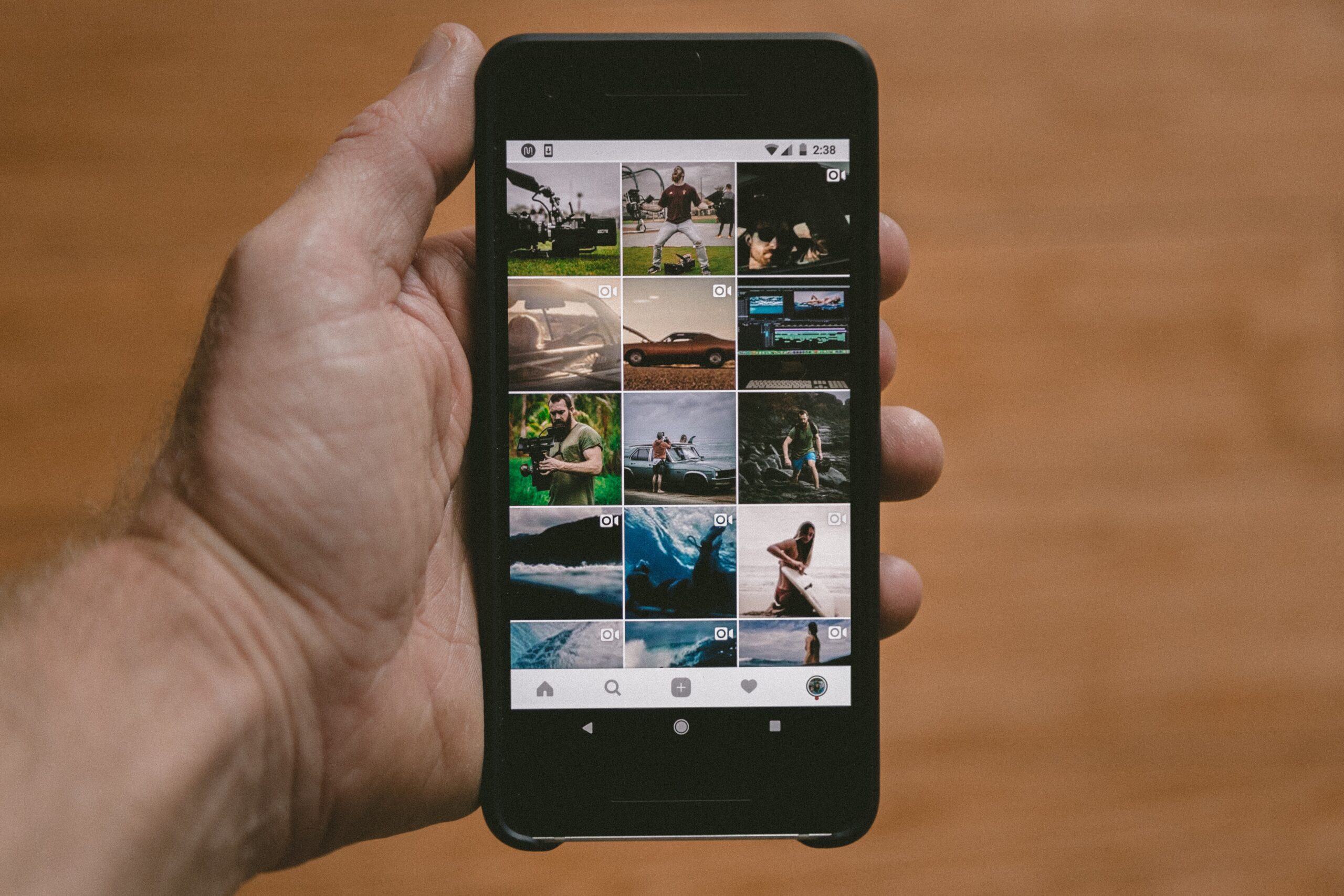An influencer marketing campaign is a marketing strategy that involves partnering with influential people in order to promote a brand or product to their followers. The goal of an influencer marketing campaign is to increase brand awareness, drive engagement, and ultimately, drive sales or conversions.
To launch an influencer marketing campaign, brands typically begin by identifying influencers who are aligned with their brand values and who have a genuine following. These influencers can be found across a variety of social media platforms, including Instagram, TikTok, YouTube, and Twitter.
Once influencers have been identified, brands will typically reach out to them to propose a collaboration or partnership. This collaboration can take many forms, depending on the goals of the campaign and the preferences of the influencer. For example, a brand may ask an influencer to create a sponsored post featuring their product or service, or to appear in a video promoting the brand.
Throughout the campaign, the brand and the influencer will work together to create content that is authentic, engaging, and aligned with the brand’s messaging. This may involve providing the influencer with creative direction and feedback on their content, as well as providing them with products or other incentives to use and promote.
Finally, the success of an influencer marketing campaign is typically measured using a variety of metrics, including reach, engagement, and conversions. These metrics can be tracked using a range of tools and platforms, including social media analytics, affiliate marketing software, and Google Analytics.
Overall, an influencer marketing campaign can be an effective way for brands to reach new audiences, drive engagement, and achieve measurable results. However, it requires careful planning and execution in order to be successful. By identifying the right influencers, creating engaging content, and tracking the right metrics, brands can launch effective influencer marketing campaigns that drive results. In addition to the steps mentioned above, there are several other important aspects of an influencer marketing campaign that brands should consider:
- Set Clear Goals: Before launching an influencer marketing campaign, it’s important to establish clear goals and objectives. These may include increasing brand awareness, driving website traffic, generating leads or sales, or building a social media following. Setting clear goals upfront can help ensure that the campaign is targeted and effective.
- Choose the Right Influencers: Finding the right influencers for your brand is crucial to the success of an influencer marketing campaign. It’s important to look beyond follower count and consider factors such as engagement rate, audience demographics, and brand alignment. Influencers who are genuinely passionate about your brand are more likely to create authentic content and drive real engagement.
- Be Transparent: It’s important to be transparent about sponsored content in influencer marketing campaigns. The Federal Trade Commission (FTC) requires influencers to disclose when they have received compensation for a post or promotion. Brands should work with influencers to ensure that they are properly disclosing sponsored content in compliance with FTC guidelines.
- Create Engaging Content: The success of an influencer marketing campaign depends on the quality of the content that is created. Brands should work with influencers to create content that is engaging, authentic, and aligned with their brand messaging. This may involve providing influencers with creative direction, but it’s also important to give them the flexibility to be creative and authentic in their content.
- Measure and Optimize: Measuring the success of an influencer marketing campaign is essential to refining and optimizing your strategy over time. Brands should use analytics tools to track metrics such as reach, engagement, and conversions, and use this data to refine their approach to influencer marketing.
Another important aspect to consider in an influencer marketing campaign is budget. Brands should establish a budget upfront and determine how much they are willing to spend on influencer partnerships. This budget will depend on factors such as the size of the influencer’s following, the scope of the campaign, and the goals of the campaign.
In addition to budget, brands should also consider the timeline for their influencer marketing campaign. Influencer partnerships can take time to establish, so it’s important to plan ahead and allocate enough time for outreach, negotiations, and content creation. Brands should also consider the timing of their campaign and ensure that it aligns with their overall marketing strategy and calendar.
Lastly, it’s important for brands to maintain a positive relationship with their influencers throughout the campaign. Influencer partnerships should be a collaboration, with brands providing guidance and support to their influencers in order to create authentic and engaging content. By maintaining open communication and treating influencers with respect, brands can establish long-term relationships that benefit both parties.
Overall, an influencer marketing campaign can be an effective way for brands to reach new audiences, drive engagement, and achieve measurable results. By carefully planning and executing an influencer marketing campaign, brands can launch a successful campaign that drives real results and helps them achieve their business goals.

